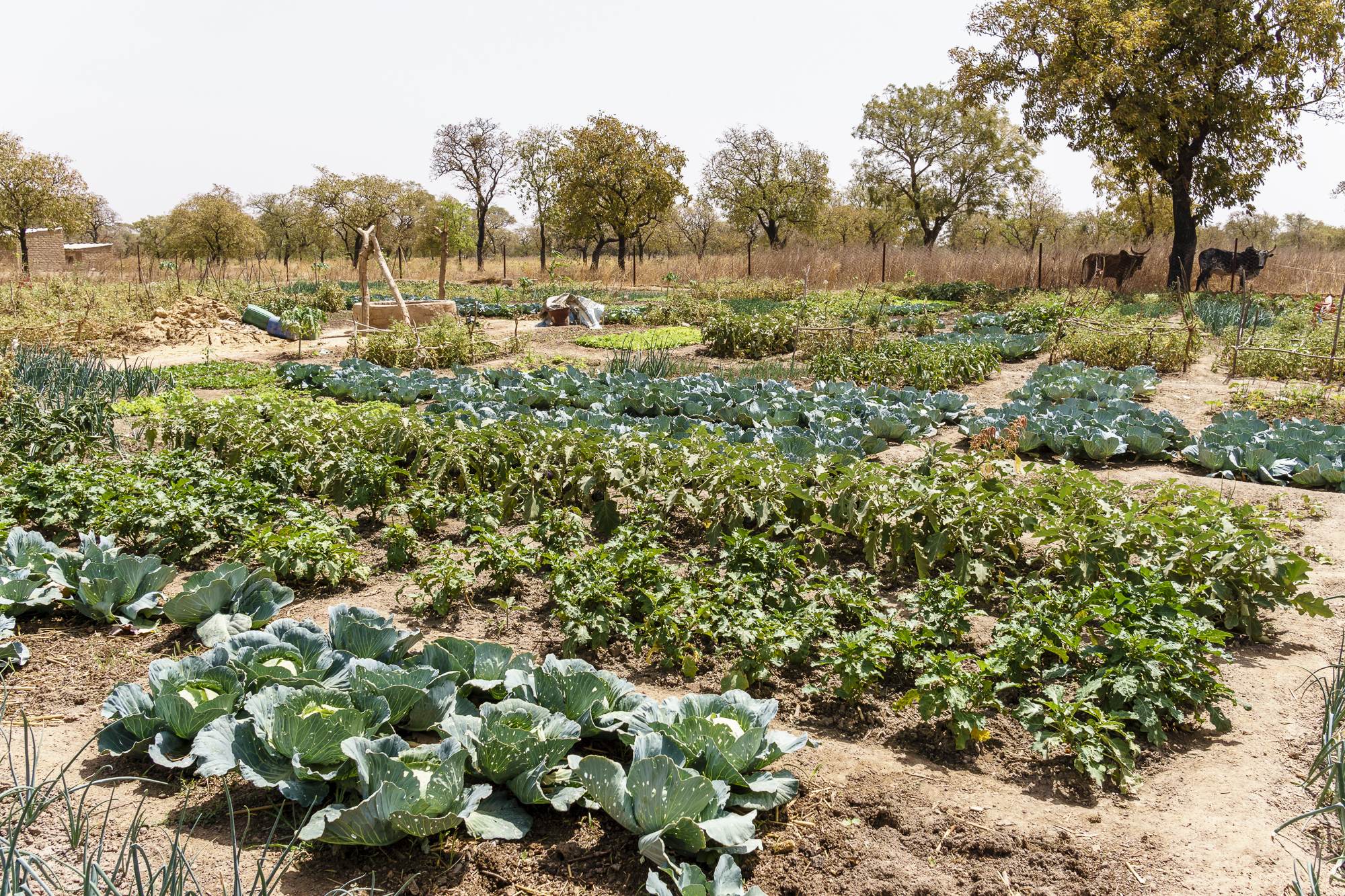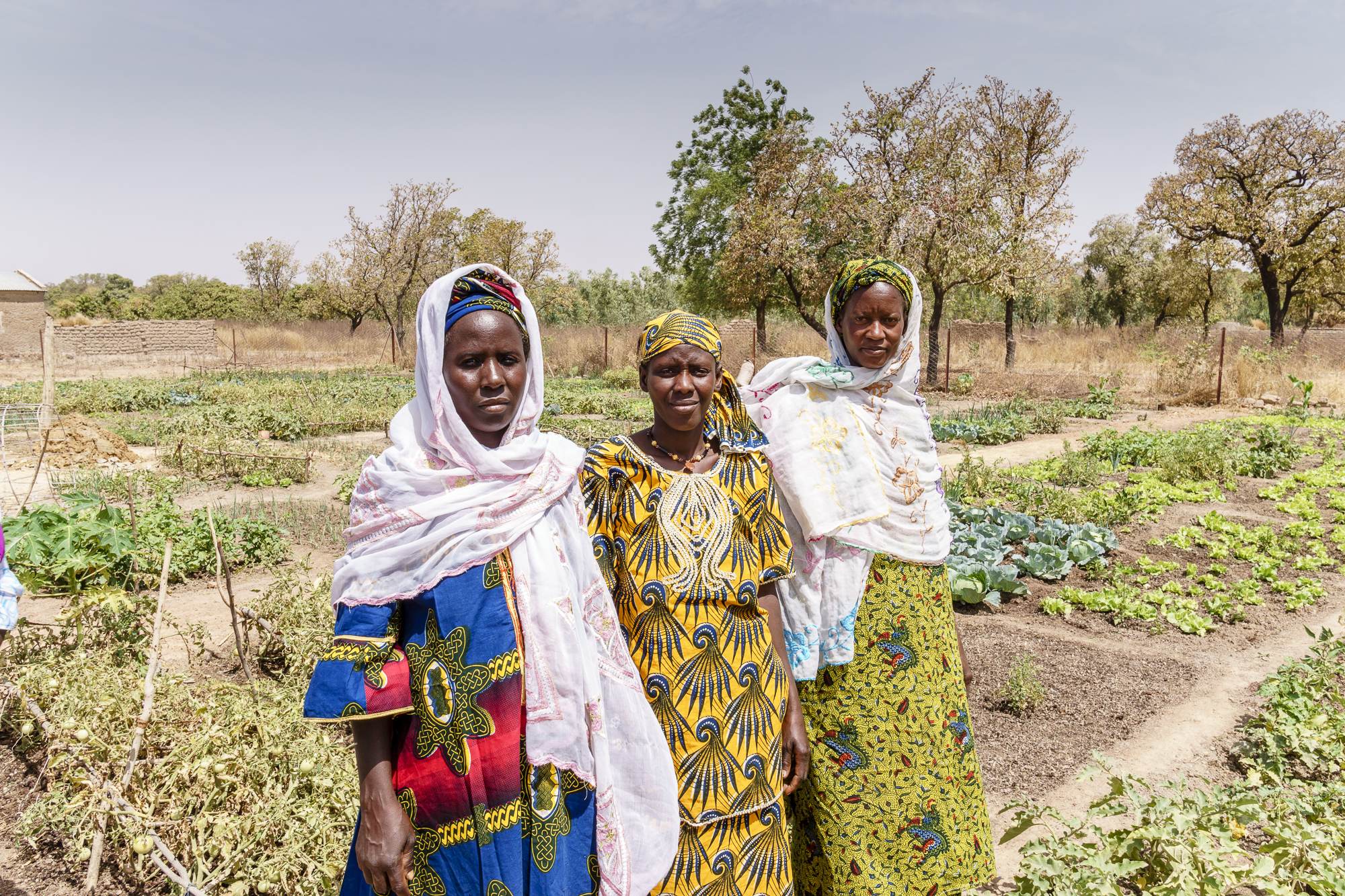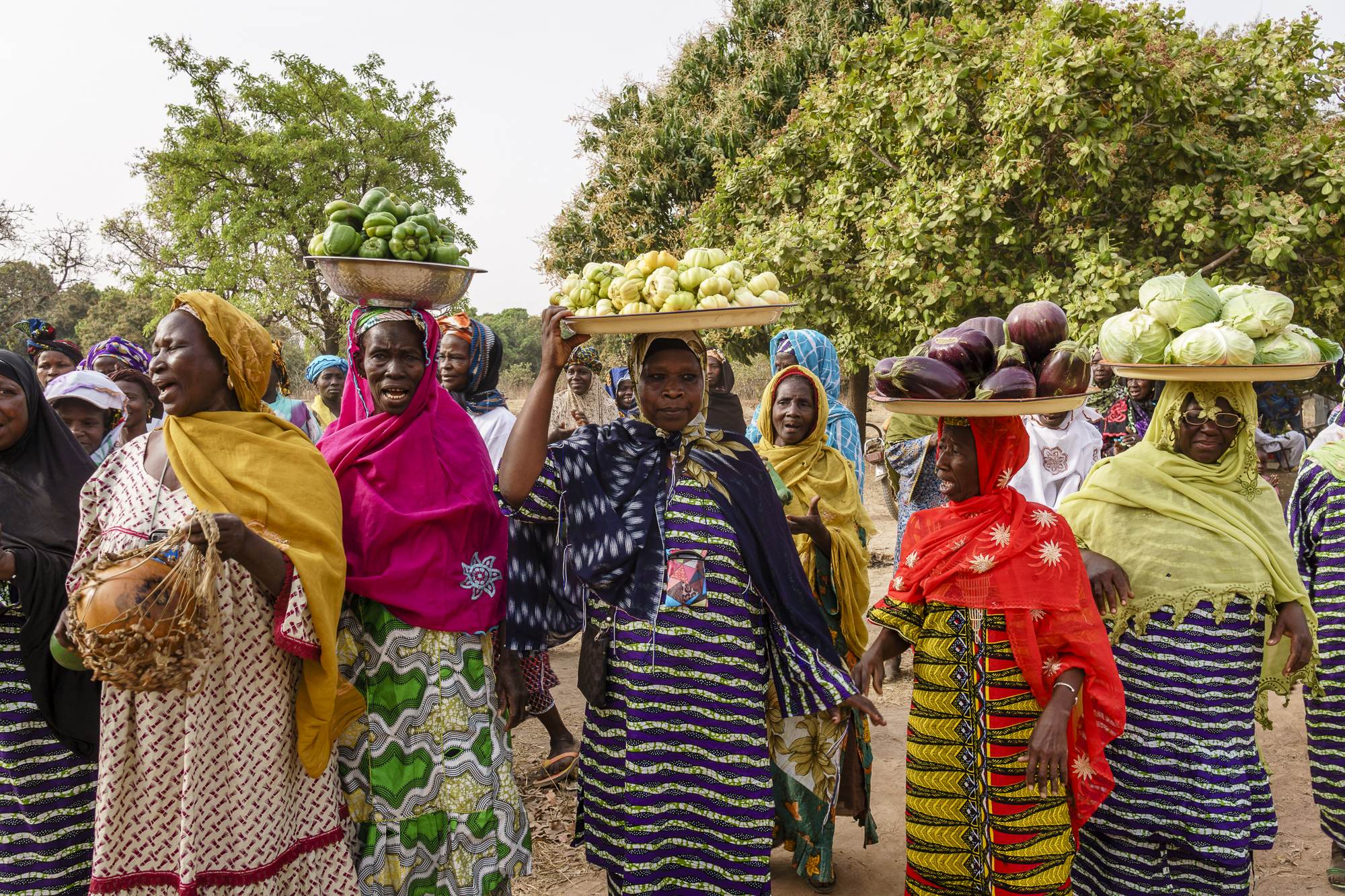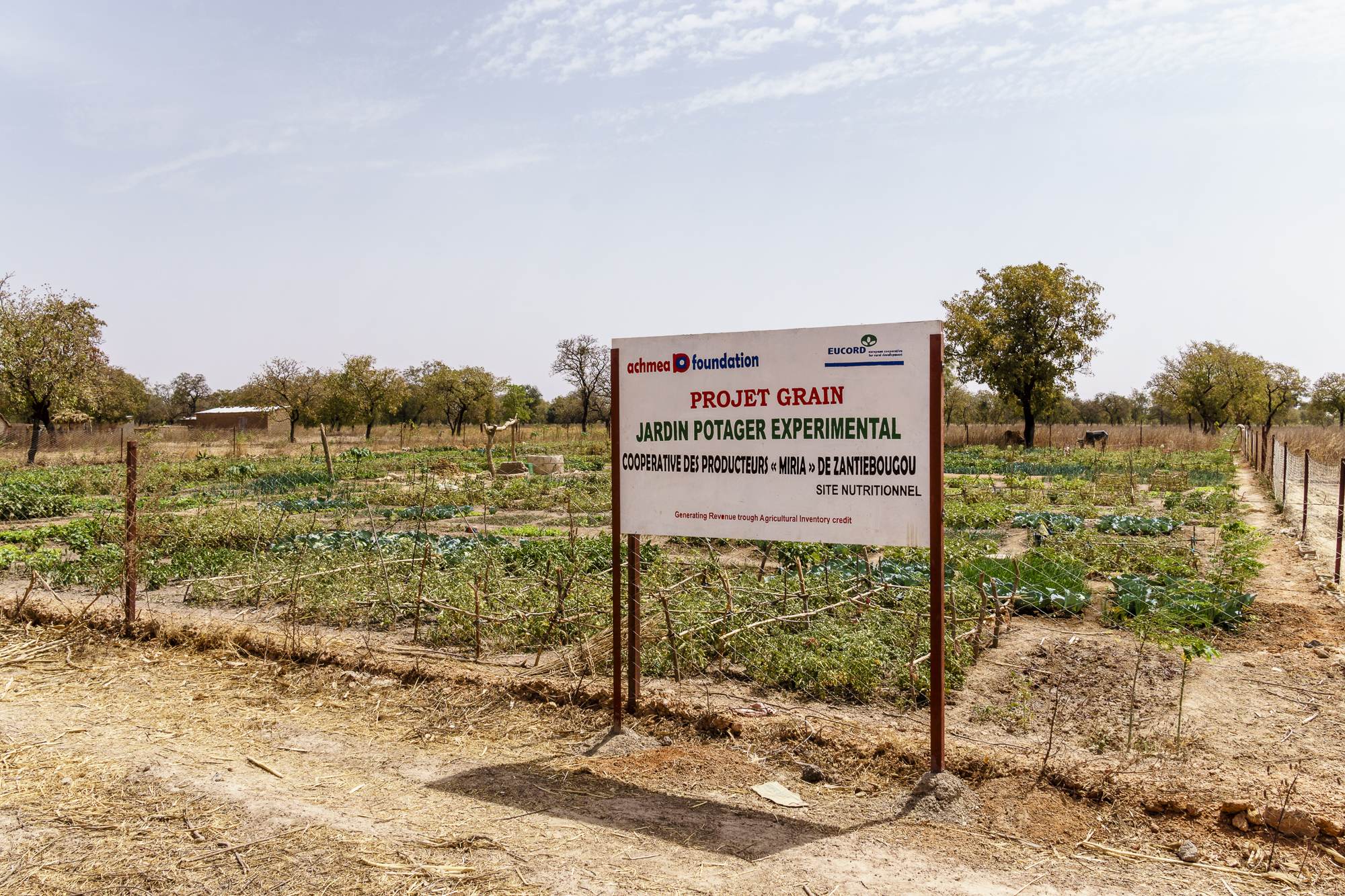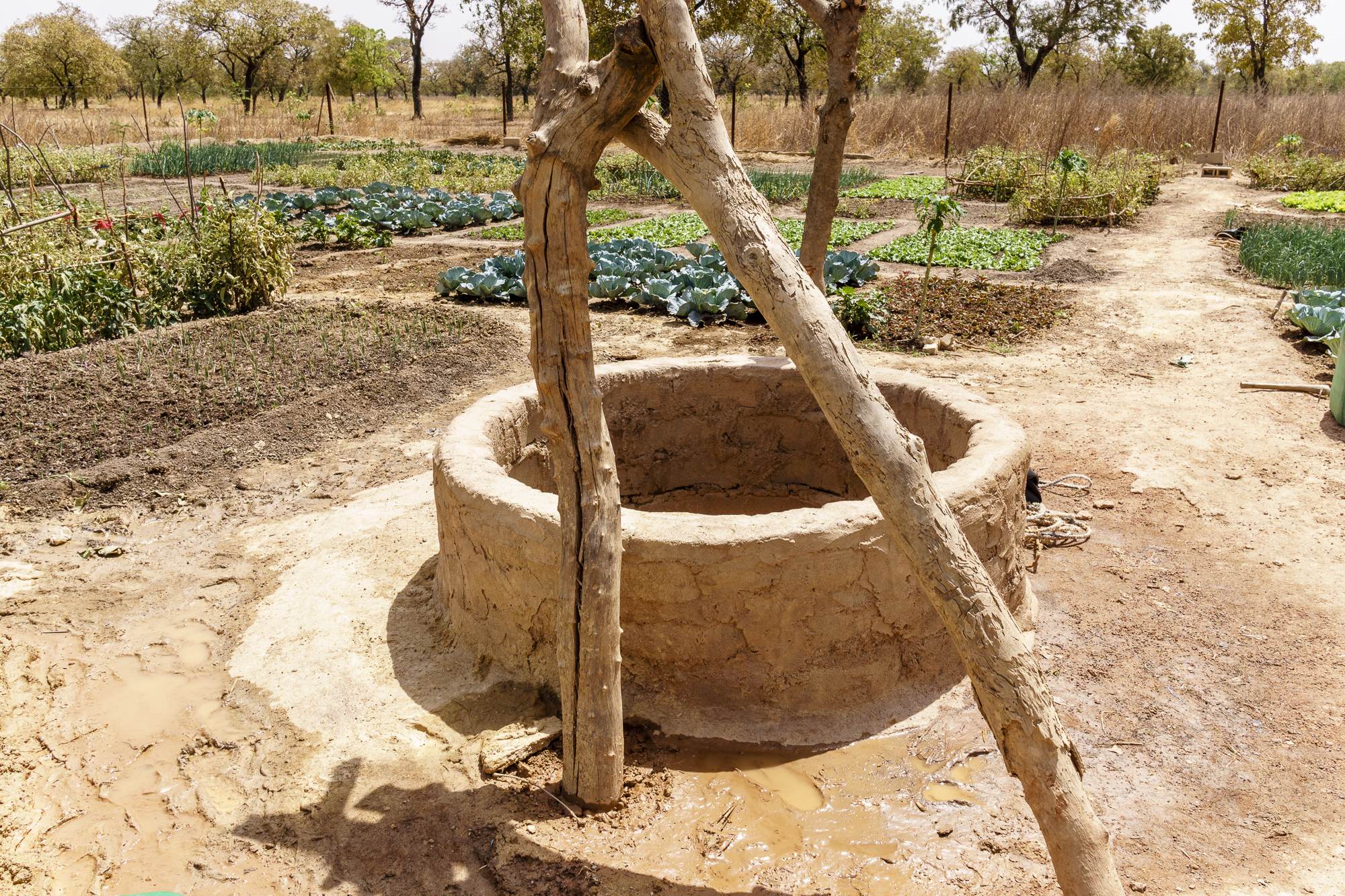Generating Revenue through Agricultural Inventory credit (GRAIN), 2016-2019
Donor:
Achmea Foundation
Goal
The “Generating Revenue through Agricultural Inventory Credit”, or GRAIN project, had two primary objectives, namely:
- Improve household income through the inventory credit or warrantage system
- Reduce malnutrition through vegetable gardens and improved nutrition
What we do
The inventory credit or warrantage system helps farmers to sell crops at a higher price several months after the harvest, thereby increasing their income. This is done by granting credit based on the volume of grain in storage. Warrantage also helps to facilitate access to agricultural inputs and grain markets when the crops are sold. Complementary to the warrantage activity, women were encouraged to grow vegetables for home consumption and to reduce malnutrition among children, pregnant and nursing women. EUCORD established nutrition centers in collaboration with community health centers (CSCOM) to train community volunteers on improved nutrition practices.
Accomplishments
The aim of the GRAIN project is to improve the income of farmers and their families in the Sikasso Region through inventory credit and to reduce malnutrition by promoting vegetable gardens and nutrition centers. The project worked in close collaboration with the community health centers (CSCOM) of Zantièbougou, Faragouaran and Djiné and micro-finance institute Soro Yiriwaso.
Between 2016 and 2019, the GRAIN project supported:
- 4,827 direct beneficiaries
- 28,962 indirect beneficiaries
- The construction of four inventory credit stores at Banco, Mafélé, N’Kemene, and Zantièbougou and training of 119 participants on inventory credit.
- Establishment of three vegetable gardens at Banco, Faragouaran and Zantiébougou and training on vegetable production for 888 producers (728 women).
- Construction of three nutrition training centers at Banco, Faragouaran and Zantiébougou. The project provided training on malnutrition screening and nutrition techniques to 55 community workers. These workers have trained in turn 2,334 people on nutrition techniques.
3,715 farmers were trained on improved agricultural practices and financial management. One of the inventory credit stores has been expanded to serve additional villages. During the 2018/19 season a total of 319 tons were stored under the inventory credit scheme. A borehole was established at Zambougou to allow year-round cultivation of vegetables.
Outcomes:
- During the life of the project a total net income of €44,044 was generated from 481 tons of cereals stored in the warrantage scheme.
- It is expected that the warrantage activities in the four stores will continue to generate a net yearly income of about €20,000 or more.
- The quantity of vegetables consumed per household increased from 148 kg in 2016 to 304 kg in 2018, an increase of 105%.
- Around 12,000 children and 250 nursing women benefited from the nutrition activity delivered with the three community health centers.
- Consumption of fortified porridge increased from 2% to 16%, especially by 2 to 5 year-old children, as well as pregnant and nursing women.
- Consumption of vegetable-based dishes increased from 3 to 33% by children aged between 6 to 23 months, pregnant women, as well as sick and elderly people.
- Warrantage and gardening activities together increased household income by 54.4%.
- The production of vegetables also led to a substantial decrease of firewood collection as income generating activity by women.
